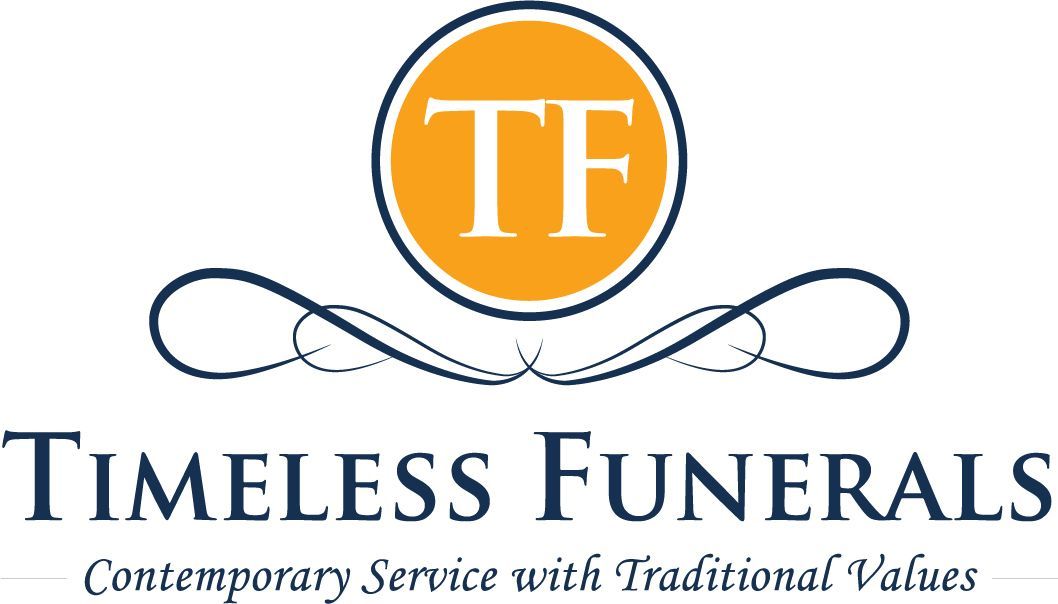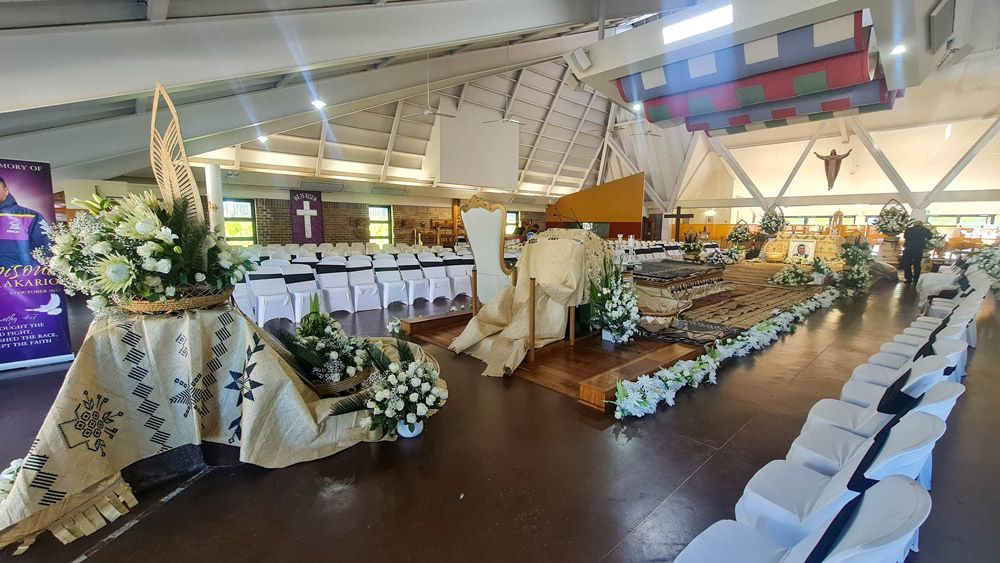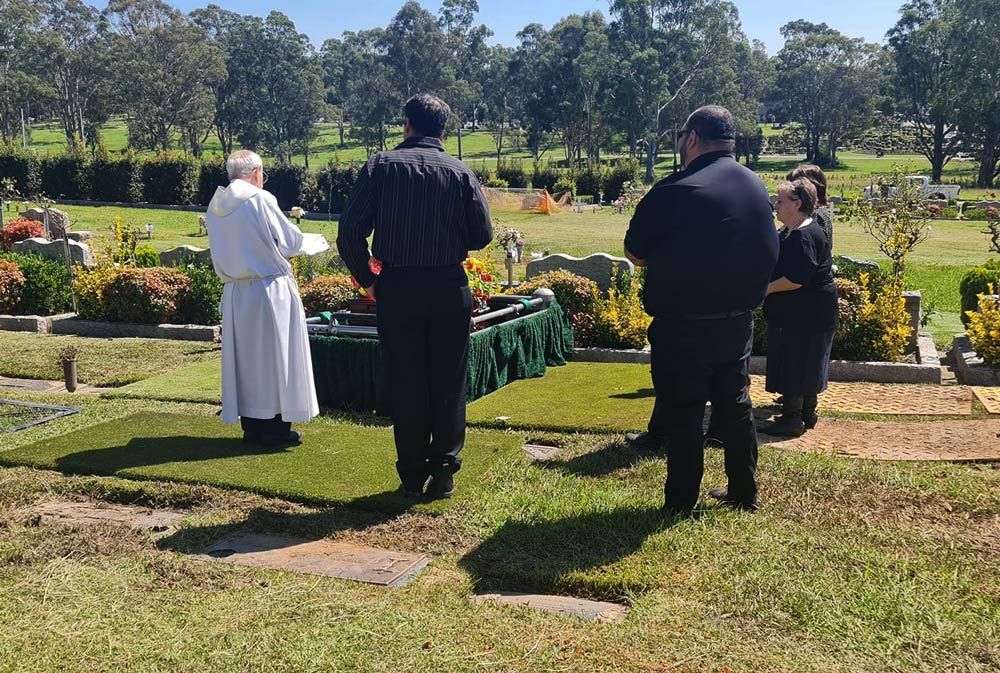Navigating Family Dynamics During Funeral Planning
When a loved one passes away, grief and emotional strain can often bring unexpected tensions and disagreements among family members to the surface. Planning a funeral involves making several delicate decisions at a time of great vulnerability. Balancing differing expectations and managing family dynamics becomes a pivotal process. In this blog, we will explore how funeral directors can help families through this challenging time.
Understanding Diverse Family Expectations
Every family is unique, with members bringing different cultural backgrounds, personal beliefs and expectations. This diversity can make funeral planning a complex process. A funeral director can play a critical role in facilitating discussions among family members to align these diverse expectations:
- Cultural Sensitivity: Recognising and respecting cultural differences is essential. Funeral directors often have extensive experience with various cultural practices and can guide families in incorporating these elements into the service.
- Personal Preferences: Family members might have differing opinions on how to honour their loved one. By understanding these individual preferences, a funeral director can help create a service that feels inclusive and respectful to all involved.
- Emotional Support:
Grief affects people differently and a skilled funeral director provides emotional support, ensuring that all voices are heard and considered during the planning process.
The Role Of A Funeral Director In Mediating Family Disputes
Family disputes are not uncommon during funeral planning. Emotions run high and disagreements can arise over various aspects, from the type of service to the choice of music or readings. A funeral director can act as a neutral party, guiding discussions with empathy and professionalism. They can help manage and resolve conflicts by:
- Listening Actively: Ensuring everyone has a chance to express their views.
- Finding Common Ground: Identifying shared values and goals to build consensus.
- Facilitating Compromise:
Suggesting creative solutions that incorporate different perspectives.
Creating A Unified Funeral Vision
Despite initial disagreements, families often share a common goal: to honour their loved one's memory meaningfully. A funeral director employs various strategies to help families create a cohesive and unified funeral plan.
- Collaborative Planning: Involving all family members in the planning process fosters a sense of ownership and unity.
- Guided Discussions: Using their experience, funeral directors guide families through key decisions, providing options and recommendations that reflect the deceased’s wishes and family values.
- Personalisation:
Encouraging personal touches, such as unique tributes or customised elements, helps create a service that truly represents the loved one being honoured.
Communicating Effectively During Funeral Planning
Effective communication prevents misunderstandings and ensures clarity when expressing funeral wishes. Here are some tips for families guided by a funeral director:
- Be Clear and Honest: Clearly articulate your wishes and concerns.
- Listen Actively: Pay attention to what others are saying without interrupting.
- Ask Questions: Seek clarification if something is unclear.
- Stay Open-Minded: Be willing to consider different perspectives.
- Use a Mediator:
Allow the funeral director to facilitate discussions if disagreements arise.
Incorporating Individual Tributes Within The Funeral Service
Honouring a loved one often involves recognising their unique life and the special relationships they had. A funeral director can assist in integrating personal tributes from various family members into the service.
- Eulogy Coordination: Helping coordinate who will speak and ensuring their messages complement each other.
- Memory Tables: Set up tables with photographs, souvenirs and other personal items.
- Video Tributes: Organising the creation and display of video montages that celebrate the loved one’s life.
Balancing Tradition And Innovation In Funeral Services
Funeral services today often blend traditional practices with innovative, personalised elements. This balance can be essential in accommodating the wishes of older and younger generations.
- Traditional Elements: Incorporating rituals, readings or religious ceremonies that hold significant meaning for the family.
- Innovative Touches: Introducing modern elements, such as eco-friendly options, live streaming for distant family members or unique service locations.
- Personalised Experiences:
Customising the service to reflect the deceased’s passions, hobbies or achievements.
Planning To Avoid Last-minute Conflicts
The Importance Of Pre-planning
Pre-planning funeral arrangements can help reduce stress and family conflicts when the time comes. Consider a scenario where a family had pre-planned their mother’s funeral. The mother had detailed her preferences, from the type of service to the music and readings she wanted. When she passed away, the family found comfort in knowing they were honouring her exact wishes and the funeral director guided them through the process with ease.
Benefits Of Pre-planning Include:
- Clarity and Peace of Mind: Ensuring the deceased’s wishes are clearly documented and respected.
- Reduced Stress: Easing the emotional and logistical burden on grieving family members.
- Financial Planning: Allowing financial arrangements to be made in advance reduces the immediate financial strain.
Learn How Our Funeral Home In Sydney Can Support You
At Timeless Funerals, we understand the complexities and emotional challenges involved in funeral planning. Our funeral directors in Sydney are dedicated to providing compassionate and professional support to help you and your family navigate this difficult time. Whether you need assistance with pre-planning or immediate arrangements, we are here to guide you. Contact us today for full-service funerals in Sydney!








